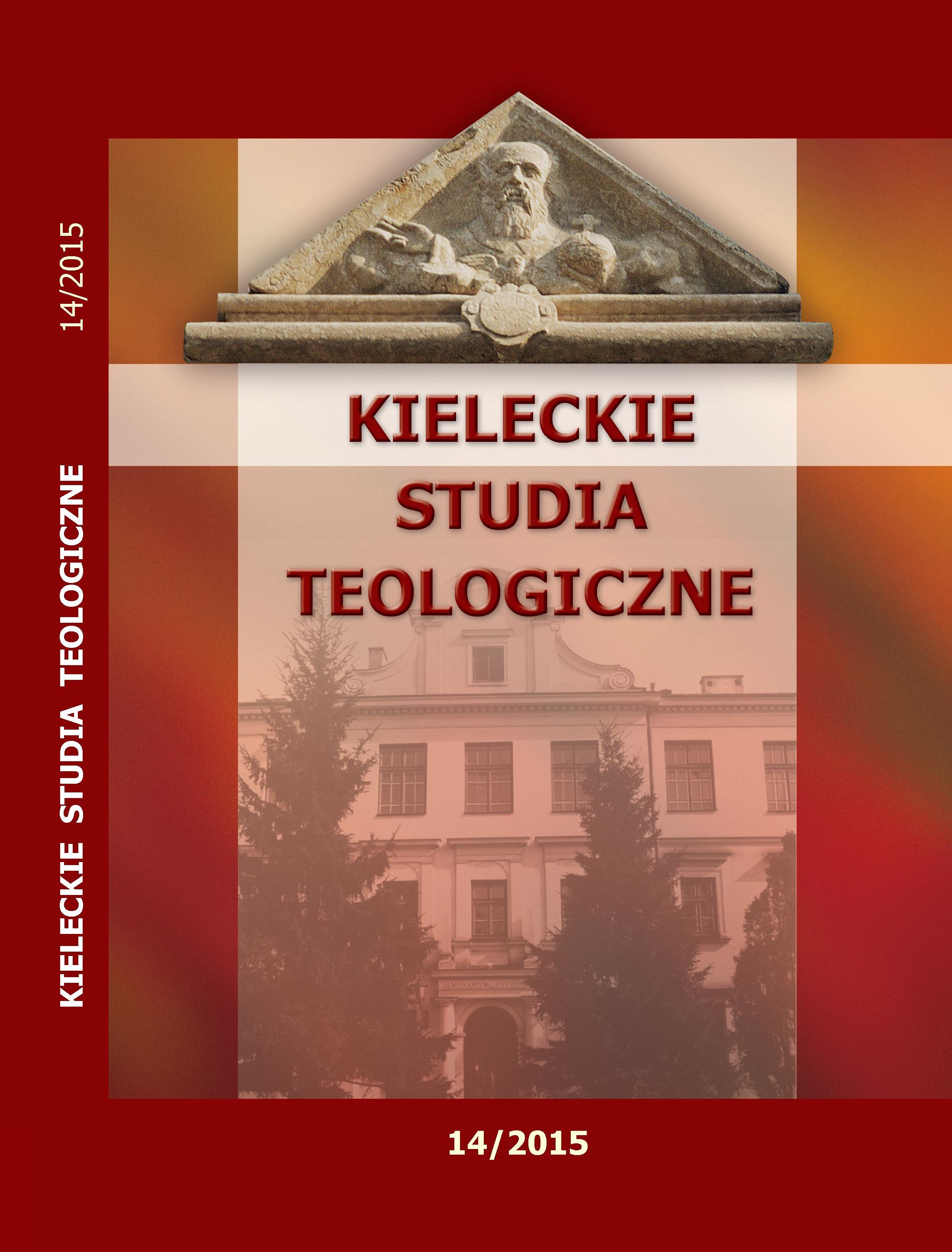PONOWOCZESNOŚĆ JAKO WYZWANIE DLA TEOLOGII
POSTMODERNITY AS A CHALLENGE FOR THEOLOGIANS
Author(s): Ignacy BokwaSubject(s): Christian Theology and Religion, Theology and Religion, Systematic Theology
Published by: Wyższe Seminarium Duchowne w Kielcach
Keywords: postmodernity;theology;
Summary/Abstract: The term postmodemity cited in the title of the article, here relates to the contemporary currents of thought characterized by a certain ambiguity, as their assessment may sometimes be positive and sometimes negative, and because it is difficult to clearly set them in time. However, the currents of thought referring to postmodemity merit attention, as their postulates touch the heart of theological thinking, which, due to the relationship that arises between the theological disciplines and the insights drawn from various strands of philosophy, looks for a way to show the truths of faith and its deeper understanding. Thus, the purpose of this article is to indicate the challenges that postmodemity puts before contemporary theology.The author develops his thought, firstly by attempting to indicate the essence of the philosophy of postmodemity, to subsequently identify the areas in which theology can and should meet the postmodern thought going through an ideological and axiological crisis affecting many areas of modem life. The author points to some attempts to respond to these challenges sought in the framework of negative theology, the theology of Joachim Valentin, who postulated a reference to deconstruction in order to develop new scientifical models, the theology of Erwin Mode, postulating a new anthropological theology, the hermeneutical theology of David Tracy, the theology postulating a new consideration of metaphysics (Eugen Biser), the theology referring to figurativeness and narrative as means of transmitting faith in the new context.The above mentioned examples of how the Catholic theology opens to the phenomenon and the widely understood effects of postmodemity are not the only ones. It should be at least indicated here that there is a need to deepen the trinitary-christo-logical perspective as the Christian perspective of history and sense in the situation of the postmodern loss of hope and oncoming despair or expanding and taking into account the anthropological aspect as a condition for integrity of dialogue with post-modernity.
Journal: Kieleckie Studia Teologiczne
- Issue Year: 2015
- Issue No: 14
- Page Range: 7-32
- Page Count: 26
- Language: Polish

